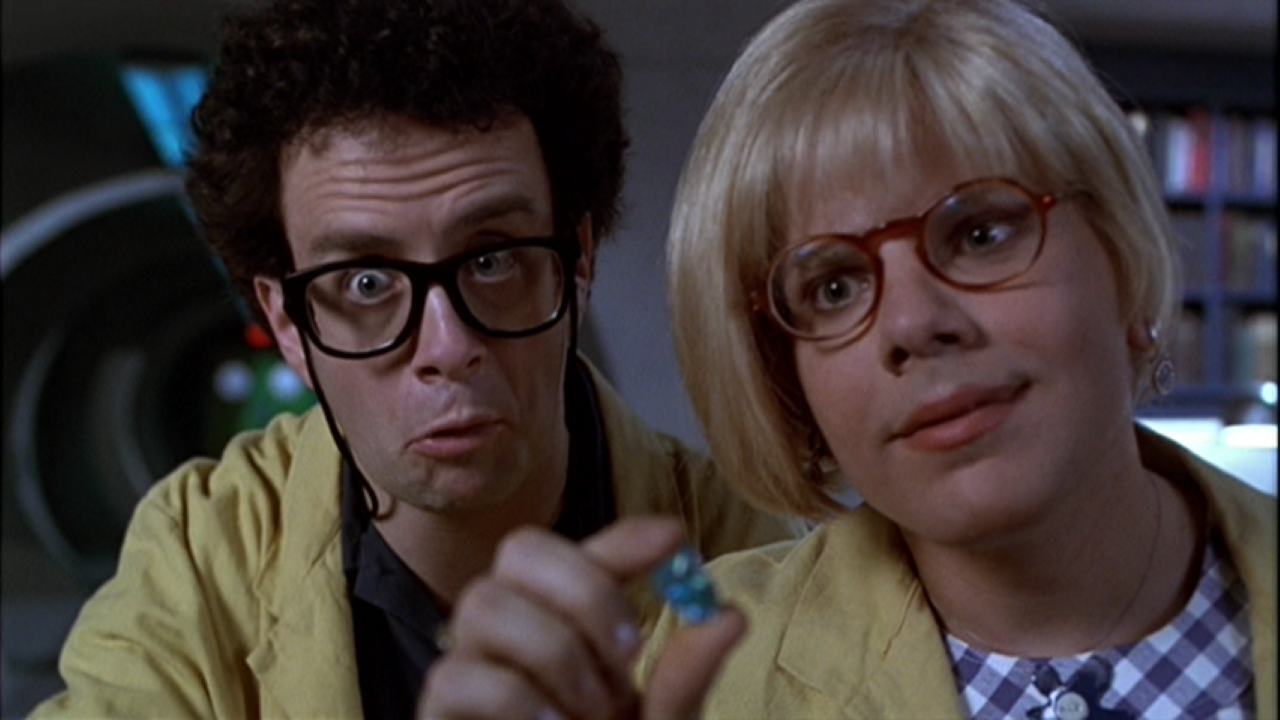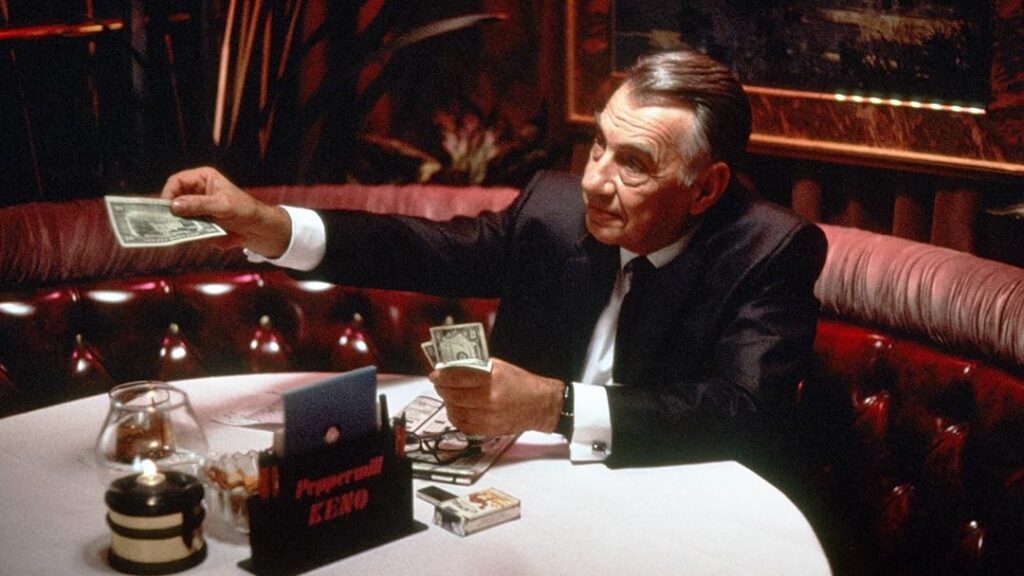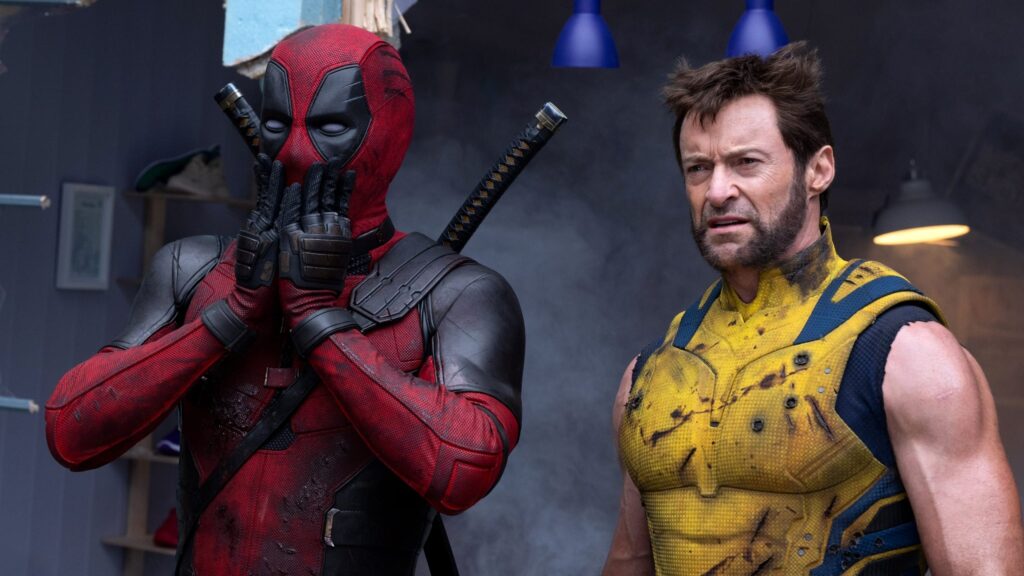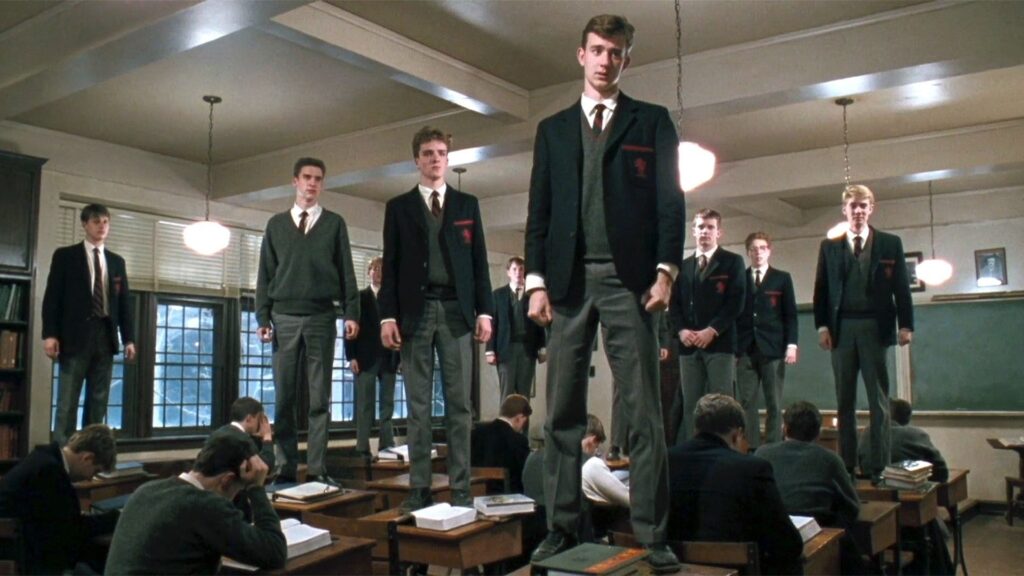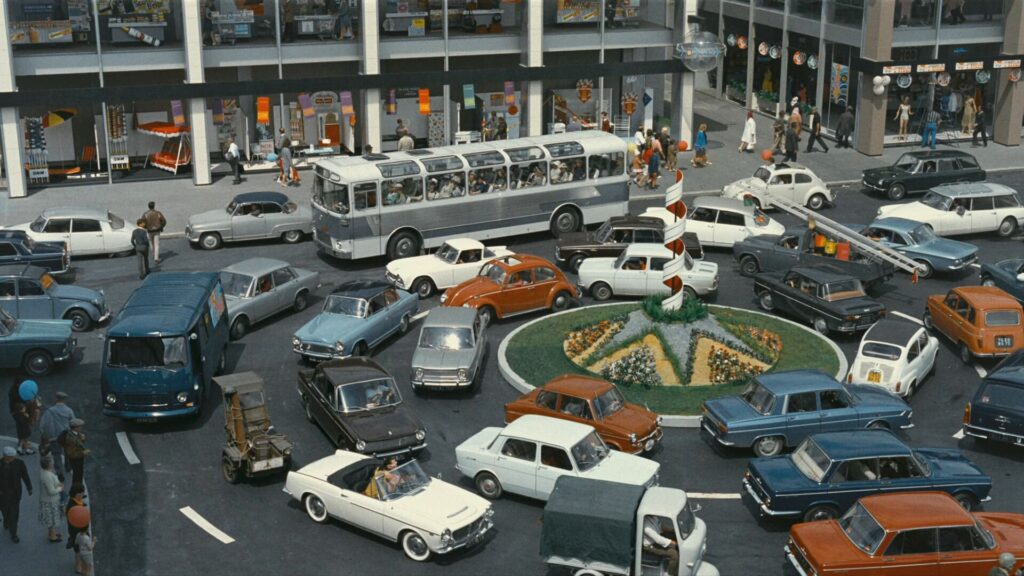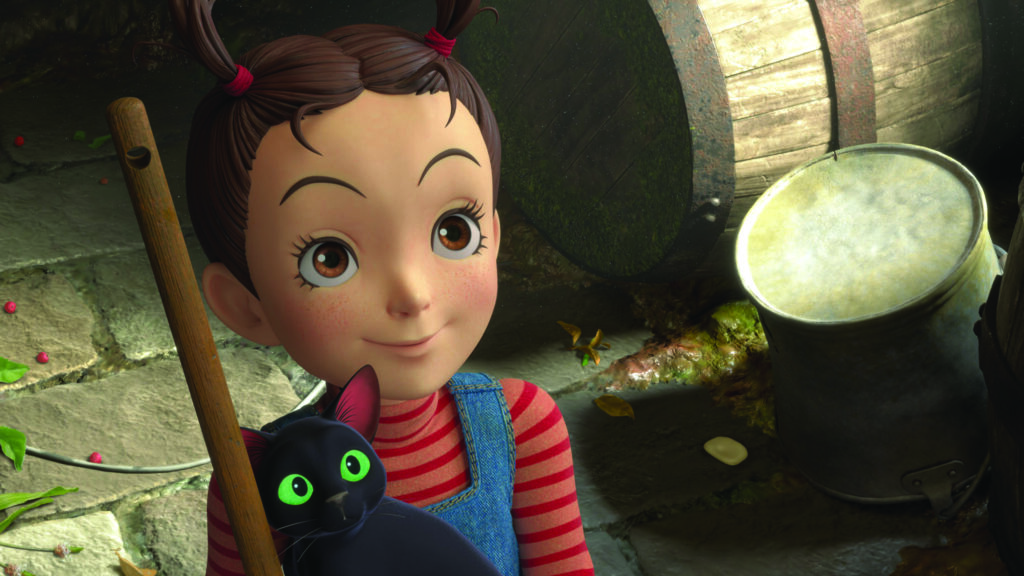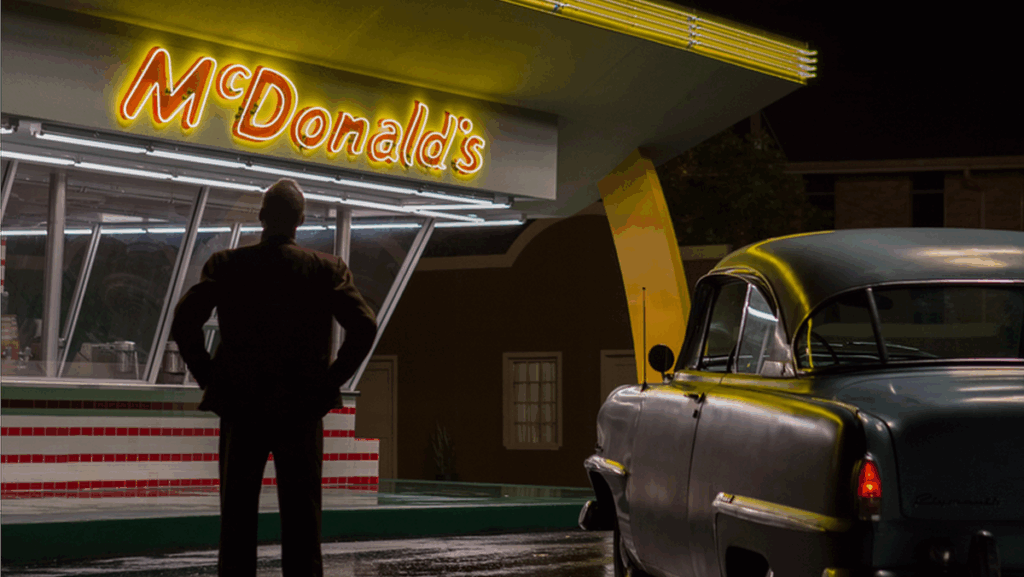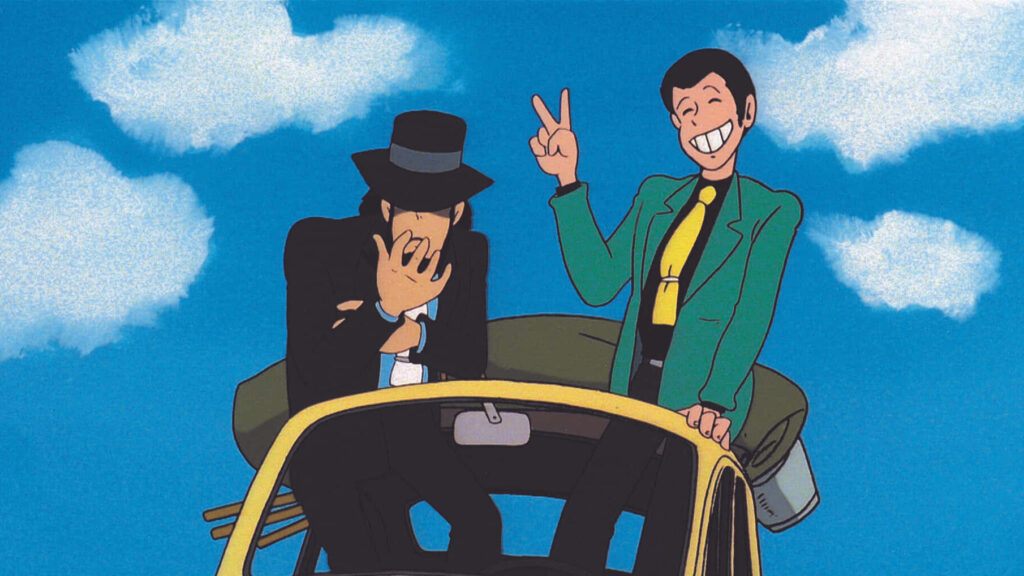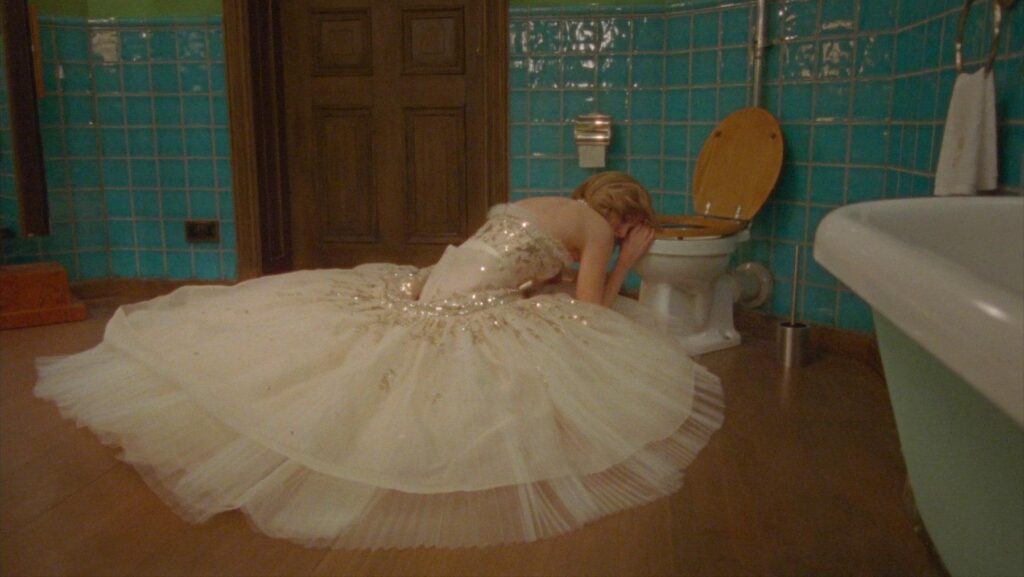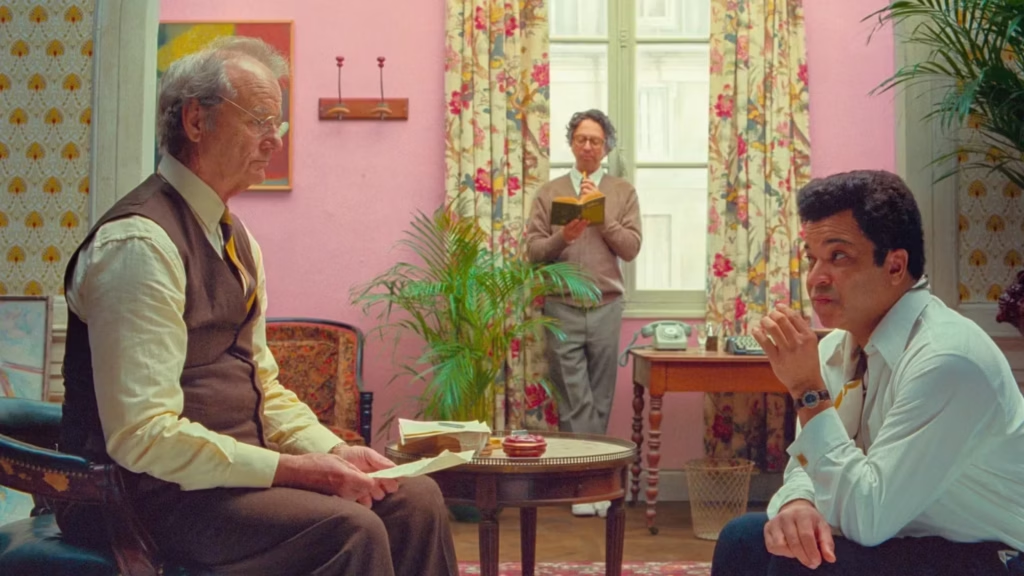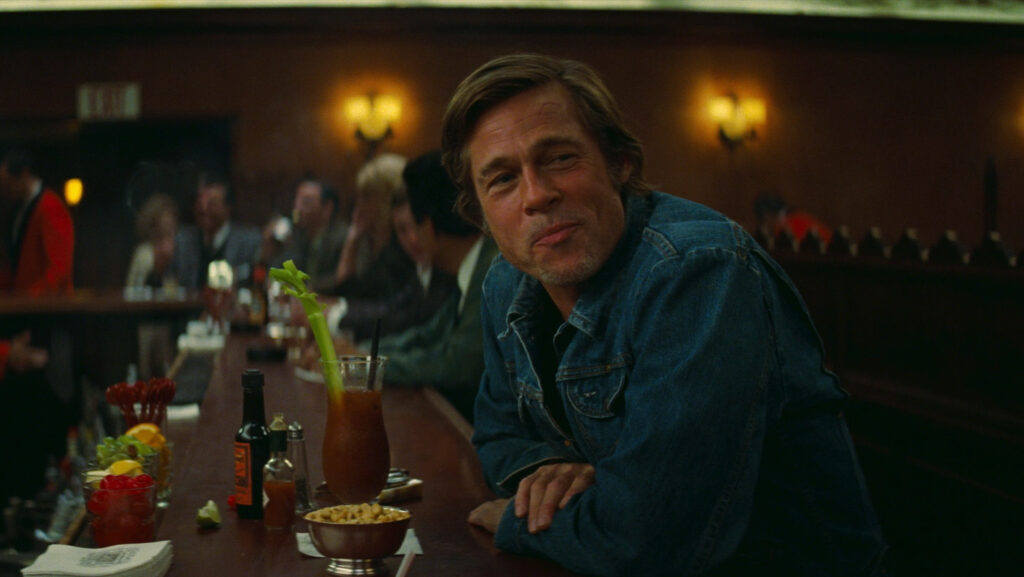Although the troupe’s headline movie found no critical or commercial success at the time, today it is a riot.
The Kids in the Hall have always been well ahead of their time. So ahead of their time in fact, when the comedic stylings depicted in their sketch show were brought to film in Brain Candy, it hardly excited anyone, critics and audiences alike. Not even the late, great Roger Ebert enjoyed the movie. Though he did appreciate its intellectual intentions, he found the humour to be on such disastrously numerous layers of irony, that the film’s jokes couldn’t break through and connect with the audience on a simpler comedic level. “Awful, terrible, dreadful, stupid, idiotic, unfunny, labored, forced, painful and bad” is how he described it, I believe.
I, of course, disagree. I feel the troupe’s oddball humour works well here and is on no level any kind of ultra-ironic anti-humour. Every joke (save one), whether a clever satire of real life corporate inhumanity or one of the troupe’s sillier line deliveries, works wonders and tickles the funny bone in a way few comedies can do.
The film hones in on not only a corporation’s obsession with profits, but society’s condemnation of any emotion other than cheerfulness. It is a commentary on our own belief system, that staying happy is what your main goal must be in life, and corporations’ reinforcement of that belief system. By encouraging (ultimately ineffective) self-help practices and acknowledging mental health issues without identifying their source, they distract the labourer from the very cause of their depression; the labour, and therefore forgo any responsibility.
This film shows the effects of creating that supposedly desirable idea of a world, where every submissive wage earner heads to work with a stride in his step and a smile on his face, licking the boots (or kissing the ass in the case of Dave Foley’s main role) of his employer and putting their interests ahead of his own. By stripping away all but one emotion, you strip away your own humanity.
As much as Dr. Cooper’s drug helps (or would help if it weren’t for the freezing and denial of a broader emotional range) the actually mentally ill (both Scott Thompson’s portrayal of a nuclear dad in denial of his sexuality and the loneliness of Scott Thompson’s portrayal of a grandma with an ungrateful, uncaring child), it is corporate greed that decides that they can convince the consumers that they are in fact all depressed as well, and that only their drug can solve the problem (that they have fabricated).
The intelligent themes and trenchant satire are accompanied with a chic, 1960s futurist aesthetic, an aesthetic that represents the idea of such a perfectly functioning metropolitan world, as well as the reality of the dystopia under the surface.
Potent, visually lavish and hilarious, Brain Candy truly would have gone down as one of the best satires of its time, had it not been for the infamously unfunny Cancer Boy. Lorne Michaels knew it didn’t work, Paramount knew it didn’t work, the only ones who didn’t know it was the troupe themselves. Still, my enjoyment of this uproarious film will not be bogged down by a singular, truly tasteless joke. I will be returning to the Kids’ masterwork for years to come, with a hideous grin on my face, I’m sure, each and every time.
